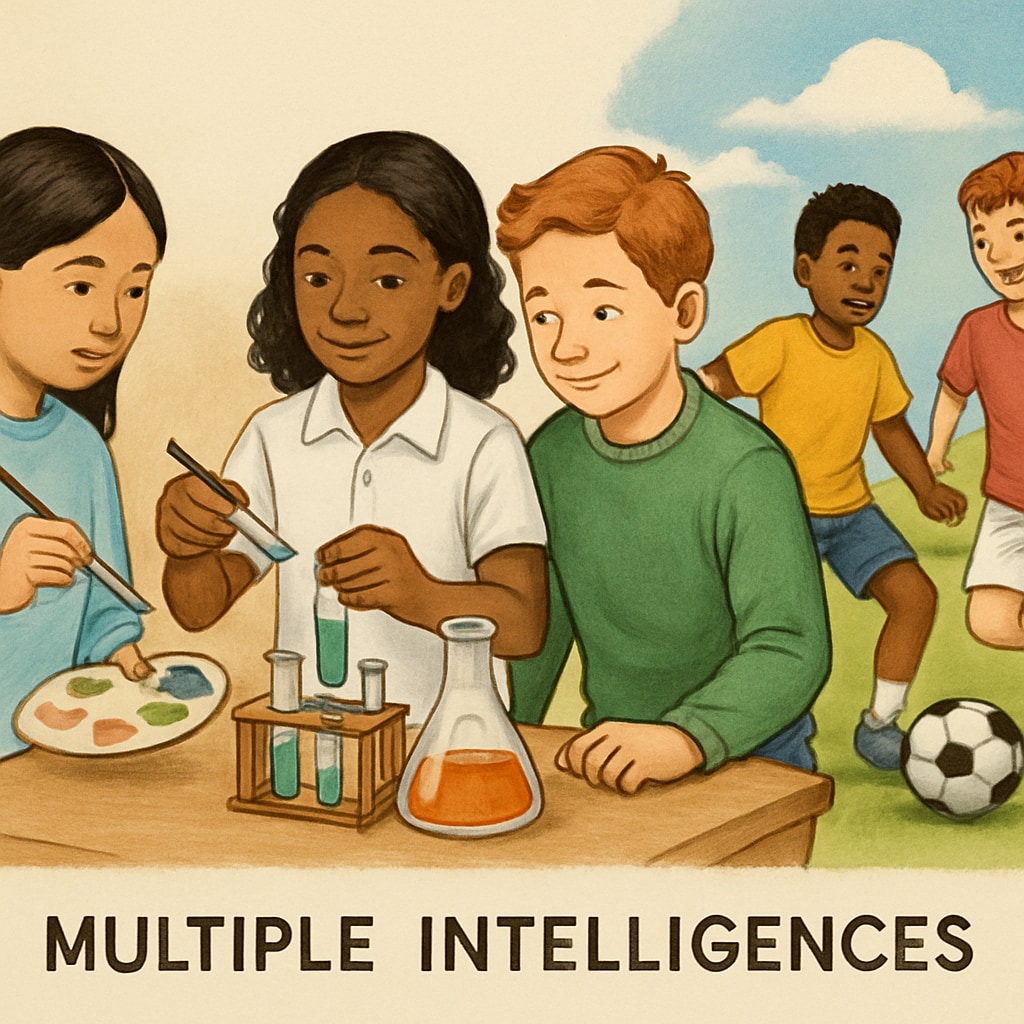The “genius” label, often celebrated within education systems, carries profound implications for mental health and societal expectations. While it may appear to recognize extraordinary talent, it inadvertently places immense pressure on labeled students and fosters self-doubt among their peers. This dynamic creates an unhealthy psychological trap that benefits no one in the long term. Understanding the unintended consequences of this label and the role of education systems in perpetuating societal expectations is crucial to fostering a more inclusive and supportive learning environment.
The Burden of the “Genius” Label
Being labeled a “genius” might seem like an honor, but it often comes with invisible yet heavy burdens. Students who are identified as gifted are frequently subject to heightened expectations from teachers, parents, and society. They are expected to excel consistently, often in multiple areas, leaving little room for failure or even mediocrity. As a result, these students may experience anxiety, stress, and even burnout at an early age.
Moreover, the “genius” label can isolate students from their peers. They may feel different or set apart, which can hinder their ability to form meaningful social connections. This isolation can exacerbate feelings of loneliness and contribute to poor mental health. Studies have shown that high-achieving students often struggle with perfectionism, a trait closely tied to anxiety and depression (Perfectionism on Britannica).

The Psychological Impact on “Non-Genius” Students
While the pressures faced by labeled students are significant, the consequences for students who aren’t labeled as “geniuses” are equally concerning. These students may internalize a sense of inadequacy or inferiority, believing that they are less capable or valuable because they do not meet the “genius” standard. This can lead to low self-esteem and a fixed mindset, where they feel their abilities are limited and unchangeable.
Furthermore, the stark contrast between “genius” and “average” students can create a competitive and divisive environment in the classroom. Instead of fostering collaboration and mutual support, such an atmosphere may encourage unhealthy comparisons and rivalry. The long-term effects of this divide can include reduced confidence, disengagement from learning, and a diminished sense of belonging in the educational environment.
Challenging the Ethics of the “Genius” Label
The practice of assigning the “genius” label raises ethical questions about equity and inclusion in education. Should a singular measure of intelligence or achievement determine a student’s worth or potential? Many experts argue that education systems should move away from rigid categorizations and embrace a more holistic approach to student development.
For example, Howard Gardner’s theory of multiple intelligences suggests that intelligence is not a single, fixed attribute but a diverse set of abilities, including linguistic, musical, spatial, and interpersonal skills (Theory of Multiple Intelligences on Wikipedia). Recognizing and nurturing these diverse strengths can reduce the stigma associated with not fitting into traditional definitions of “genius.”

Creating a Healthier Educational Environment
To mitigate the negative effects of the “genius” label, educators and policymakers must prioritize creating a more inclusive and supportive learning environment. Here are some strategies to consider:
- Emphasize growth over fixed abilities: Encourage a growth mindset by rewarding effort, resilience, and improvement rather than solely focusing on innate talent or high achievement.
- Celebrate diverse strengths: Recognize and value different types of intelligence and skills, ensuring that all students feel their contributions are meaningful.
- Provide mental health support: Offer counseling and mental health resources to help students manage stress, anxiety, and other challenges associated with academic pressure.
- Promote collaboration: Foster a cooperative learning environment where students support and learn from each other’s unique perspectives.
By implementing these strategies, schools can reduce the psychological toll of labels and create a more equitable and nurturing educational environment.
Conclusion: A Call for Change
The “genius” label, while seemingly a mark of distinction, has far-reaching implications for mental health and societal dynamics within the education system. It imposes undue pressure on labeled students, undermines the confidence of their peers, and perpetuates a narrow definition of success. By rethinking how we recognize and celebrate student potential, educators can create a more balanced and inclusive system that prioritizes mental well-being alongside academic achievement.
As society continues to evolve, so too must our approach to education. Only by addressing the psychological and ethical challenges posed by the “genius” label can we ensure that every student has the opportunity to thrive.


